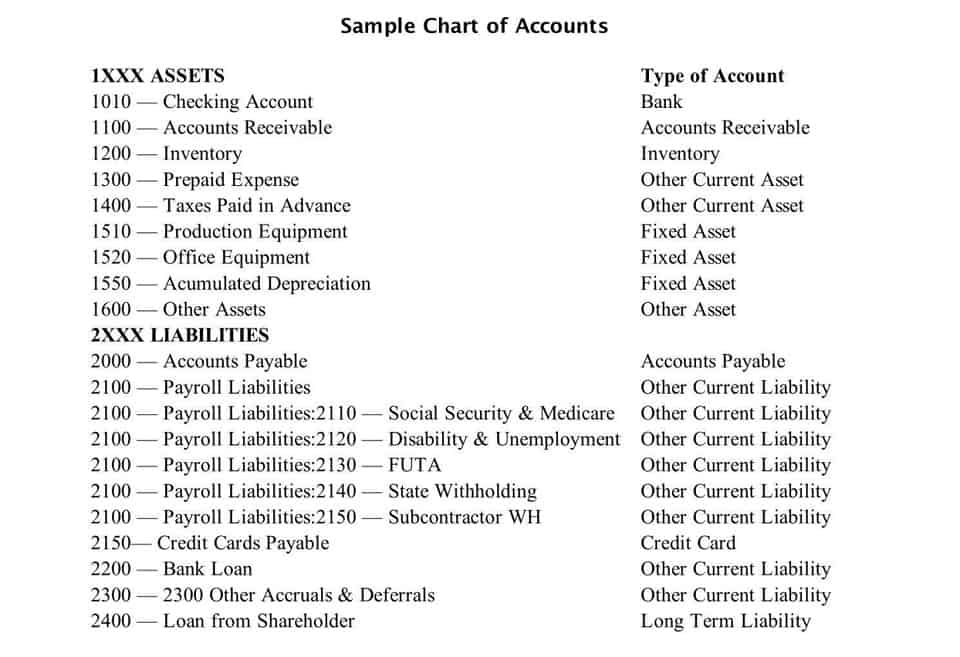Financial Accounting Meaning, Principles, and Why It Matters

Under the rules, taxpayers are required to capitalize the direct costs and an allocable portion of the indirect costs attributable to real and tangible personal property produced or acquired for resale. The obvious effect of the uniform capitalization rules is that taxpayers may not take current deductions for these costs but instead must be recovered through DEPRECIATION or AMORTIZATION. However, discounted options do not qualify as performance based compensation and therefore the deduction that the company would get may be partially or completely lost. In addition discounted stock options do not qualify for Incentive Stock option (ISO) treatment.
- These firms, along with many other smaller firms, comprise the public accounting realm that generally advises financial and tax accounting.
- This systematic approach ensures accuracy and consistency in financial reporting.
- Identifying, recording, and communicating financial information to end-users is the essence of accounting.
- Serves as a forum for the 54 State Boards of Accountancy, which administer the uniform CPA examination, license Certified Public Accountants and regulate the practice of public accountancy in the United States.
- Change in EQUITY of a business enterprise during a period from transactions and other events and circumstances from sources not shown in the income statement.
- In accounting, you’ll come across certain titles which appear to bear similar duties but actually have unique job descriptions.
Corporate Income Tax

BOND with a long-term, high-premium, COMMON STOCK conversion feature and also offering a fairly competitive interest rate. Any amount a corporation pays to a shareholder to directly or indirectly buy back its stock. Assumption that a business can remain in operation long enough for all of its current plans to be carried out. A valid transfer of property from one taxpayer to another without consideration or compensation.
Accounting Principles: What They Are and How GAAP and IFRS Work
- Management’s assessment of the effectiveness of internal control over financial reporting is expressed at the level of reasonable assurance.
- To put money into something such as property, stocks, or a business, in order to earn INTEREST or make a profit.
- An overall operating philosophy of INVENTORY management in which all resources, including materials, personnel, and facilities, are used only as needed.
- The roots of modern accounting principles trace back to the Stock Market Crash of 1929 and the subsequent Great Depression.
- Much of the reporting of such information is voluntary, especially in the United States.
- Information is relevant to the extent that it can potentially alter a decision.
This made financial statements harder to compare and made it far easier for companies to skew their numbers positively. GAAP was designed so that all businesses have the same set of rules to follow. GAAP defines accounting terms, assumptions and methods and sets policy for a wide array of topics, from assets and liabilities to foreign currency and financial statement presentation. This standardization makes it much easier for business owners, investors and government agencies to understand financial statements.
Interest Rate

An incorporated organization which exists for educational or charitable purposes, and from which its shareholders or trustees do not benefit financially. Stock authorized to be issued but for which no PAR VALUE is set in the ARTICLES OF INCORORATION. A STATED VALUE is set by the BOARD OF DIRECTORS on the issuance of this type of stock. In addition to the rental payment, the LESSEE assumes all property charges such as taxes, insurance, and maintenance. Excess or DEFICIT of total REVENUES and GAINS compared with total expenses and losses for an ACCOUNTING period. Investment company which generally offers its shares to the general public and invests the proceeds in a diversified portfolio of SECURITIES.
- In addition, quantitative data are now supplemented with precise verbal descriptions of business goals and activities.
- AccountingTerms.net offers a structured way to explore the most important accounting definitions in use today.
- Also, the rate used to determine the CURRENT VALUE, or present value, of an ASSET or incomestream.
- The ability to increase earnings for stockholders by earning more on ASSETS than is paid in INTEREST on DEBTincurred to finance the assets.
- The full disclosure principle builds trust between a business and its shareholders, lenders, and partners.
After almost a decade of experience in public accounting, he created MyAccountingCourse.com to help people learn accounting & finance, pass the CPA exam, and start their career. Though I am not a fan of technical definitions, studying the statement above will give us a better understanding of accounting. Another easy to use option that’s accounting define perfect for self-employed entrepreneurs who need an affordable accounting solution is Neat. Select one of the following letters to view all accounting topics beginning with that letter. Accounting should be based on facts and objective evidence and free of bias and personal opinion.
The taxes provide coverage for the self employed individual for social security (OASDI) and Medicare benefits (HI) similar to the taxes withheld by employers from wages it pays the employees. Source of financing whereby an entity’s ASSETS (typically mortgage loans, lease obligations or other types of RECEIVABLES) are placed in a special purpose vehicle that issues SECURITIES collateralized by such assets. Organized, national EXCHANGES where securities, options, and futures contracts are traded by members for their own accounts and for the accounts of customers. Financial and informational DISCLOSURES required by the SEC in order to comply with certain sections of the Securities Act of 1933 and the Securities and Exchange Act of 1934. Some of the more common filings that publicly owned companies must submit are the FORM 10-K, FORM 10-Q and FORM 8-K. Ratio measure of the profits achieved by a firm through its basic operations.
SEC requirement in financial reporting for an explanation by management of significant changes in operations, ASSETS, and LIQUIDITY. The total amount of sales for cash and on credit accumulated during a specific accounting period. Group that has authority to establish standards of financial reporting for all units of state and local government. Prospective FINANCIAL STATEMENTS that are an entity’s expected financial position, results of operations, and cash flows. Procedures used for rationally classifying, recording, and allocating current or predicted costs that relate to a certain product or production process. Review of financial records to determine whether the entity is complying with specific procedures or rules.

Foreign Tax Credit
You may also have listed things you spent your money on at one point in your life. By studying the definition alone, we learned some important concepts in accounting. For example, hiring an additional employee is Bookkeeping for Consultants qualitative information with no financial character.
Donate to CPA PAC
- Method of valuing ASSETS that results in adjustment of an asset’s carrying amount to its market value.
- While accrued accounting is more complicated, it paints an accurate picture of finances long-term.
- Rate of return that a business could earn if it chose another investment with equivalent risk.
- Accounting is the process of keeping track of all financial transactions within a business, such as any money coming in and money going out.
Companies should report their financial activities over a standard time period, such as quarterly or annually. Only transactions supported by evidence, such as a receipt or invoice, should be recorded. Companies are able to defer the recognition of some expenses, such as depreciation, to later periods because it is What is bookkeeping assumed they will continue to operate in the future. This rule is applicable to transactions involving people or businesses, for instance, a bank transaction. Indirect transactions, such as staff owed wages paid through another company. Inaccurate reporting can also result in legal problems with external parties, such as investors or the IRS (Internal Revenue Service).
